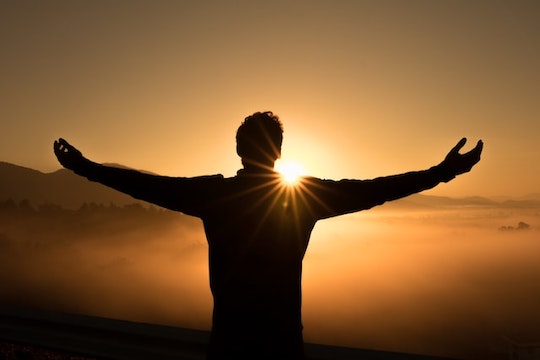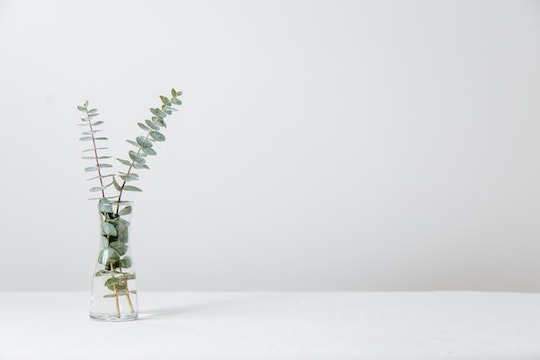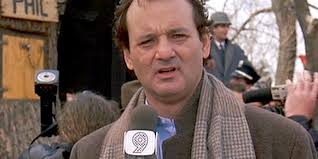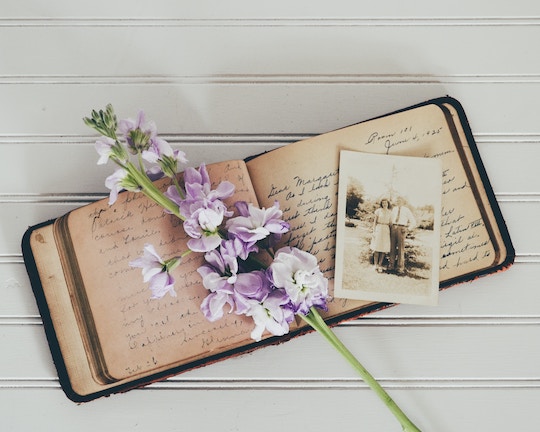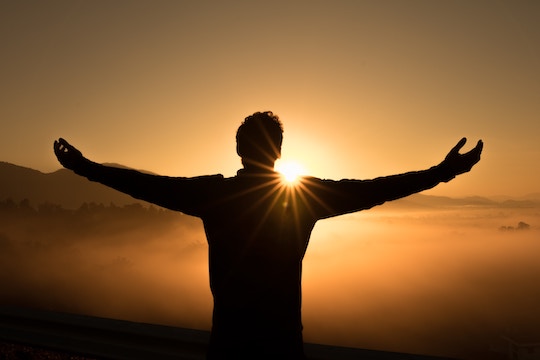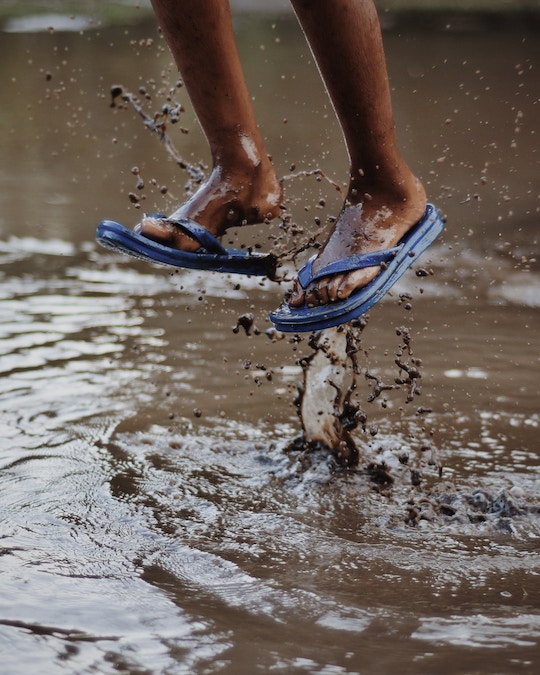The mind can take you in a thousand directions, but on this path, I walk in peace.
—Thich Nhat Hanh, Vietnamese Thiền Buddhist monk
I’ve been an avid student my entire life. In my early years, I remember being passionately curious about how things worked.
Even today, I get a dopamine hit by looking up and questioning ideas that pop into my mind.
These days, many more of my inquiries center on my inner world.
Going there through guided meditation and other practices can sometimes be a noisy journey with many competing thoughts pulling me away from a peaceful path.
Thankfully, through ongoing practice and taking my lessons off the cushion and into the world, I’ve discovered more of the peace I seek.
EXERCISE:
In what ways does your mind take you in a thousand directions?
How can noticing these detours in your mindfulness efforts lead you toward a more peaceful path?



